It’s a beautiful day, and you’re admiring your sunflowers when you notice something strange – some of the petals are falling off! This is a common problem with sunflowers, and there are a few things you can do about it. In this blog post, we will discuss the causes of sunflower petal fall and how to prevent it from happening.
Why Are Sunflower Petals Falling Off?
Sunflower petals fall off when the plant reaches the end of its maturity period. The petals are actually designed to fall off, as this is how the plant spreads its seeds. If you want to gather the seeds yourself, continue caring for the plant and wait for seeds to form in the proceeding days and weeks.
Sunflowers are annuals, meaning they complete their entire life cycle – from germination to producing seed – in a single year. They grow best in full sun and well-drained soils.
Sunflowers are typically planted in the spring, when the soil warms up to at least 60 degrees F. The plants will grow about 2 feet tall and produce large, showy flowers. After the flowers fade, the plants will produce seeds that can be harvested and stored for later use.
However, there are also other reasons why sunflower petals may fall off prematurely. If the plant is stressed, for example, by too much or too little water, it may cause the petals to fall off. Pests and diseases can also cause premature petal falls.
I will now go further into the different causes of why sunflower petals fall off. While it’s usually due to reaching maturity, there are other causes to be aware of:
1. The Natural Lifecycle
The first cause is simply due to the plant’s natural life cycle. All plants have a specific life cycle that they go through, and at the end of the cycle, the plant will start to die off. This is normal and nothing to be alarmed about.
In fact, this is how the sunflower spreads the seeds that it produces. The petals fall off and the seeds are left open to be taken by the wind or animals, and then they are transported to a new location where they can grow into new sunflowers.
So, if you’re noticing that the petals on your sunflower are starting to fall off, it’s likely because the plant is reaching the end of its natural life cycle. There’s nothing you can do to prevent this, but you can enjoy the plant while it’s still alive and take some seeds to plant next year.
To take the seeds, simply wait for the petals to fall off completely and for the flower to dry out. Once it’s dry, you can cut off the head of the sunflower and remove the seeds. Store them in a cool, dry place until you’re ready to plant them next year.
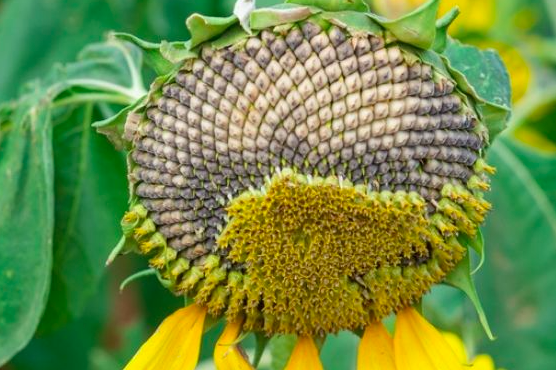
2. Underwatering
There is such a thing as too little water, and if your sunflower isn’t getting enough, it will start to show signs of stress. One of these signs is petal fall. Other signs of underwatering include wilting leaves, dry soil, crispy leaves, and slow growth.
Sunflowers love the sun, but they also need plenty of water to grow. If you live in an area with little rainfall, make sure to water your sunflowers regularly. The sun can quickly evaporate any water that’s in the soil, so it’s important to give them a deep watering every few days.
If you think your sunflower is not getting enough water, start by checking the soil. It should be moist but not soggy. If it feels dry, give the plant a good watering. You can also try adding a layer of mulch around the plant to help keep the moisture in.
If you’re still having trouble, consider getting a soil moisture meter to help you keep track of how much water your sunflower is getting. This will help you make sure that you’re watering it enough and not underwatering it.
In periods of high heat, you may need to water your sunflower more often. Check the soil every few days and water it when it feels dry.
3. Sunflower Pests
Unfortunately, pests can also cause sunflower petals to fall off. The most common culprit is the Japanese beetle, which feeds on the leaves and flowers of sunflowers. These pests hide in the ground and emerge when the sunflowers start to bloom.
If you notice Japanese beetles on your sunflowers, there are a few things you can do to get rid of them. You can handpick them off of the plant and drop them into a bucket of soapy water, or you can use an insecticide specifically designed to kill Japanese beetles.
Neem oil is a great natural option that will also help to prevent fungal diseases. Simply mix together a solution of neem oil and water, and then spray it on your sunflowers. Be sure to follow the instructions on the bottle, as you don’t want to use too much and harm the plant.
You can also use neem oil as a preventative measure. If you live in an area where Japanese beetles are common, start spraying your sunflowers with the neem oil solution a few weeks before they bloom. This will help to keep the pests away before they have a chance to do any damage.
To prevent pests from being attracted to your sunflowers in the first place, make sure to keep the area around the plants clean. Pests are attracted to overgrown gardens, so tidy up any areas that might be inviting them in.
In addition, isolate any new plants before adding them to your garden. You see, some plants may have pests on them without you even realizing it. By keeping new plants separate from your main garden, you can prevent any pests from hitchhiking in and wreaking havoc.
Conclusion
In conclusion, there are a few different reasons why sunflower petals may fall off. The most common reason is simply due to the plant reaching the end of its natural life cycle. However, underwatering and pests can also cause petal falls.
If you’re concerned about your sunflowers, be sure to check for signs of stress such as drooping leaves or wilting flowers. If you notice any pests, there are a few different ways to get rid of them. Neem oil is a great natural option that prevents pests and fungal diseases.
I hope this article was helpful in understanding why sunflower petals may fall off. Thanks for reading!
Tim is an avid gardener from the UK. He was the founder of PlantCarer.com from 2021 to Sep 2023. He sold PlantCarer.com to Aaron. He has since started his own business called Seed To Supper, which provides new gardeners all the materials you need in a box (pots, seeds, compost and instructions) to grow your own delicious and nutritious vegetables and herbs from start to finish – no garden required.





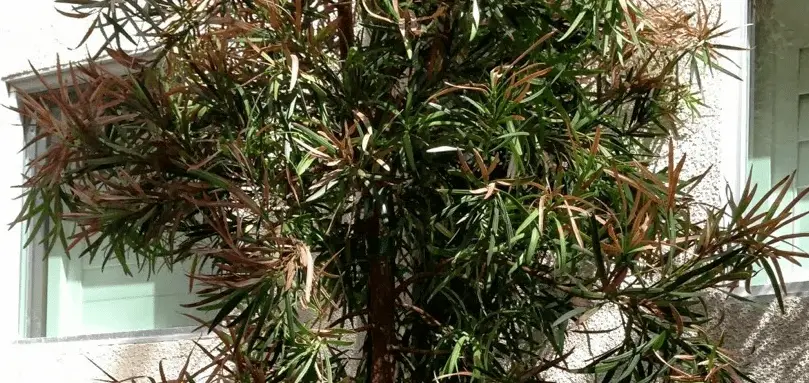
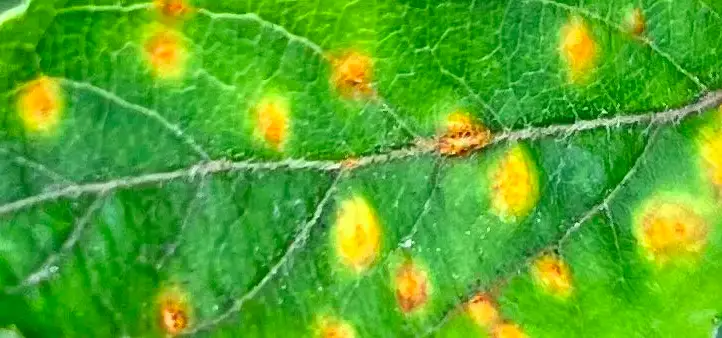
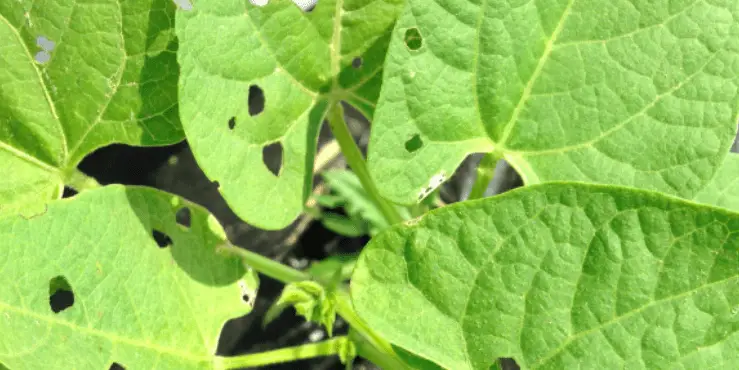
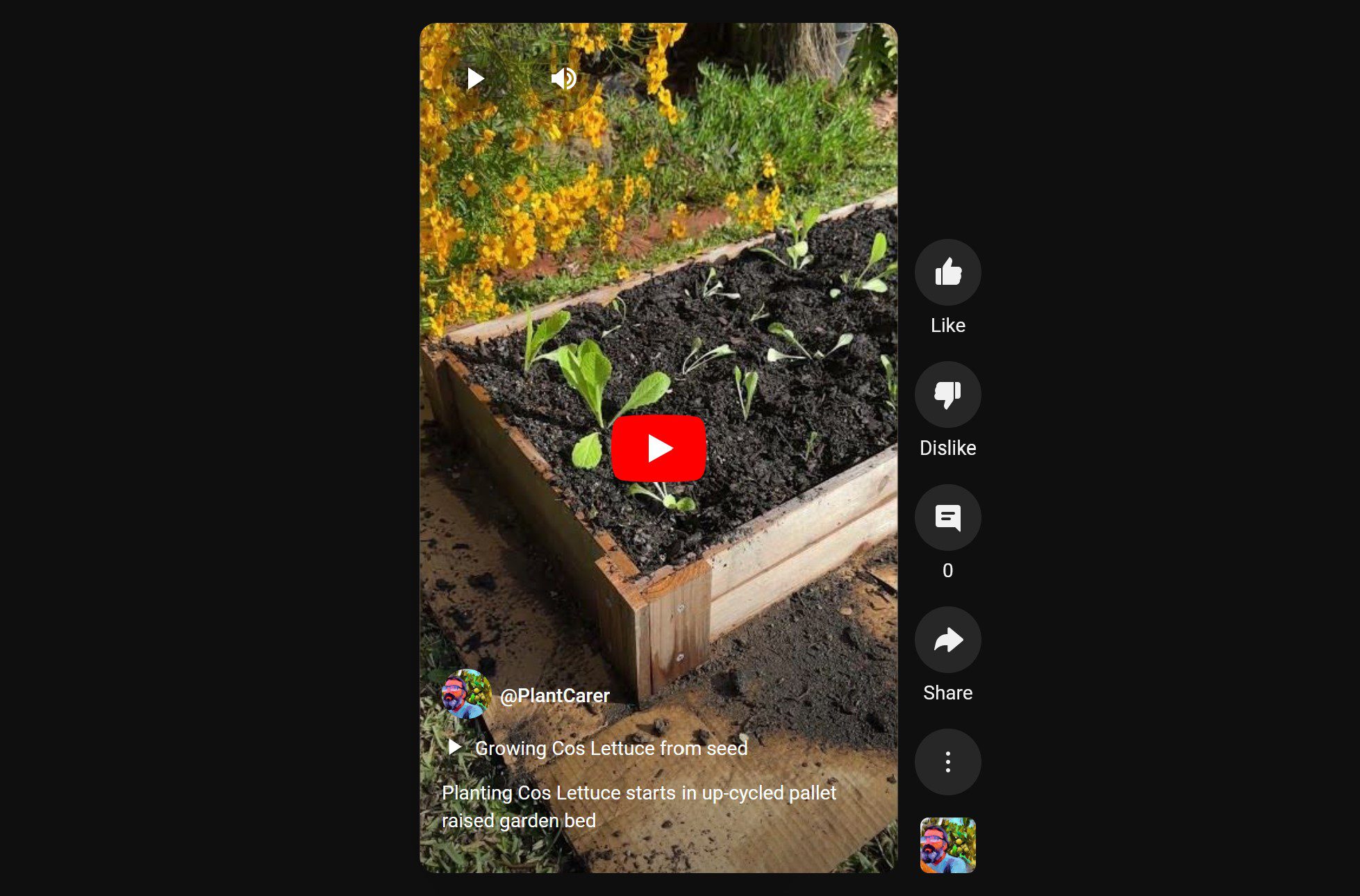
0 Comments